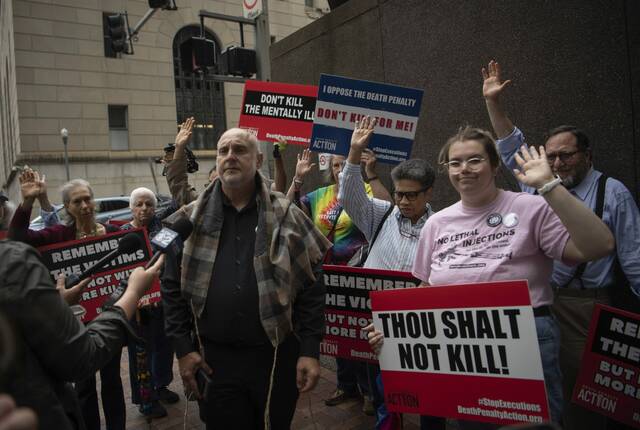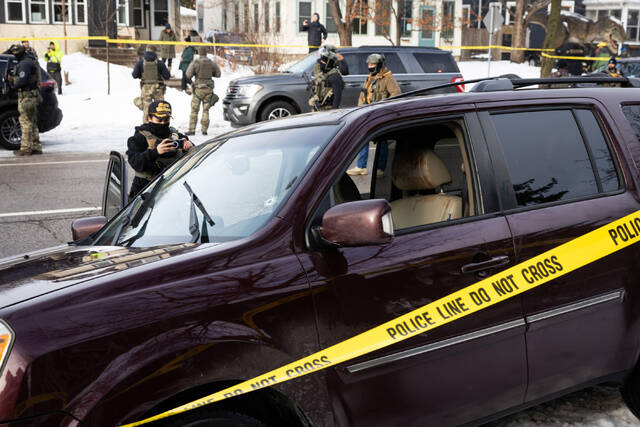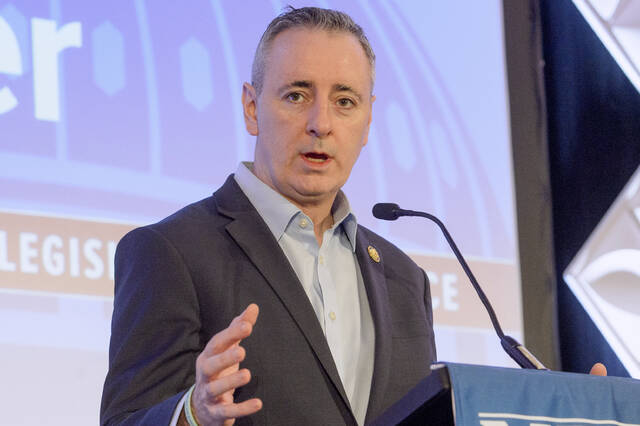Whether or not Robert Bowers was guilty of the murders of 11 members of three Jewish congregations at a synagogue in Pittsburgh was never really in doubt.
When the jury returned a guilty verdict in June, it was what everyone knew it was: the first milestone in a trial that would progress through multiple stages.
The second milestone was reached Thursday when a jury found Bowers to be eligible for the death penalty.
In federal court, capital punishment requires certain requirements to be met and the system does not just allow the prosecution to check boxes. It places the matter in the hands of the jury.
Did he have an intent to kill? The jury said yes. He stated as much in his own eternally immortalized words on social media.
Did the 22 of his 63 guilty counts which can qualify for the death penalty meet any of the aggravating factors? There is a list, and more than one may have gotten to that point. They could have found grave risk of death to additional persons, which was definitely a possibility. They could have deliberated on what happened in Squirrel Hill in October 2018 being “heinous, cruel or depraved.” It is hard to argue it wasn’t.
But the factor that required no effort at all was the one the defense admitted. Eight of the 11 victims were particularly vulnerable due to their age or disability. The youngest to die were brothers David, 54, and Cecil Rosenthal, 59, who had developmental disabilities. The oldest was Rose Mallinger, 97.
To date, the jury has deliberated the color of the sky and the existence of gravity. The facts were the facts and the thresholds were as clear as crystal.
The final step in their journey is the one that only they can decide. Now, they go into the final phase, when the arguments are not about whether they can find Bowers guilty or whether they can discuss sentence.
Now, they decide whether Bowers lives or dies.
It is the kind of question we all debate casually or vehemently. Every bar stool and dining room table is occupied by someone with an opinion on what should be done to someone like Bowers — or any of the other people who have been prosecuted for similarly horrific killings. They use words like hang ’em, fry ’em, light ’em up.
The instinct is understandable. People crave justice and with the most terrible crimes, hunger for vengeance. At the same time, there are those — including some members of the attacked congregations — who cry out that killing Bowers will not bring back the victims and only compound the tragedy.
But for all but 12 people, it isn’t up to us.
Those people are about to decide the appropriate punishment for a man convicted of a crime for which no punishment could ever be appropriate. They have an impossible, unenviable task.
But it is also the final task of a crushing responsibility. They have shouldered the burden admirably thus far. They have just a little bit longer to bring this five-year sojourn to an end.








